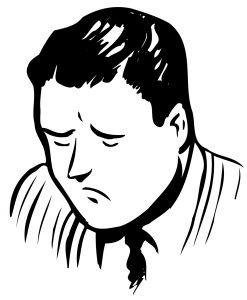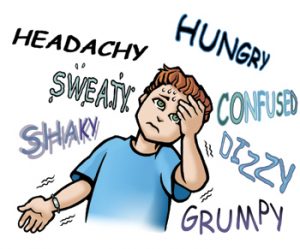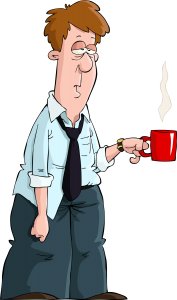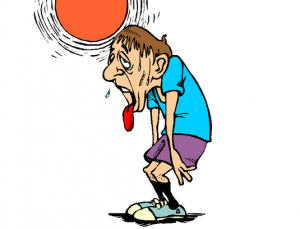Anxiety Hangover After Drinking? Why Do I Have So Much Anxiety The Day After Drinking? — Talk Sober at YouTube.com
Disclaimer: Marcus is NOT a doctor or a trained addiction counselor. The information in these videos is provided as a resource only, and is not to be used or relied on for any diagnostic or treatment purposes. Nor is it to be used as a substitute when professional diagnosis and treatment is needed. Please seek professional help when needed. Alcoholism is serious… DON’T mess around! Visit www.TalkSober.com/help or get professional help.
Why do we get anxiety the day after drinking?
There are several reasons. You’re putting something in your body that is more or less poison, that more or less happens to be marketed as good, and produces a fun time, and sells a lot of drinks and makes a lot of money. But your body doesn’t want it there.
The fact is that you’re having withdrawal symptoms. These are very serious. Alcohol is linked to suicide, self-harm, and psychosis, and withdrawal can even lead to death.
Here are some symptoms of alcohol withdrawal:
Alcohol affects your mood. Alcohol is a depressant. It slows down your body and mind. So when the withdrawal starts to happen, the substance leaves your body, mainly the morning after, and it affects the mood. And things that once slowed down start speeding up. You start to be alarmed about everything. (“What’s that feeling?” “What did I do the night before?”) It causes racing thoughts and racing feelings.

Alcohol affects your blood sugar. A lot of people that struggle with anxiety in general have blood sugar issues. They make you jittery and shaky, and that causes feelings of anxiety, whether it’s actual anxiety or not.
(Low blood sugar symptoms: Excess sweating, excessive hunger, fainting, fatigue, lightheadedness, or shakiness.)

Alcohol causes a lack of sleep. When you drink alcohol, then no matter how long you sleep, your body can’t get the full amount. It can’t completely sleep because of the withdrawal symptoms.
(Symptoms of lack of sleep: decreased performance and alertness, memory and cognitive impairment, stress, poor quality of life…and possibly death!)

Alcohol causes dehydration. The symptoms of dehydration can be very, very bad. The symptoms of withdrawal can be very bad. This is something you can die from. That’s why I stress that this is poison that your body wants to get rid of.
(Dehydration symptoms: dry mouth, tired or sleepy, decreased urine output, urine is low in volume and more yellowish than normal, headache, dry skin, and more.)

So you’re not getting enough sleep, which is producing insane anxiety, which is making your body act in all sorts of ways, including low blood sugar, dehydration, and lack of sleep. And since your mind and body has been depressed, your heart rate now goes up, which further increases your anxiety, and things start getting out of control.
If you’re getting anxiety from drinking from the night before, that is normal. Remember that alcohol is a poison and your body wants to get rid of it, which is why you are getting these withdrawal symptoms.
Alcohol tells you that the only way to get rid of this is more alcohol.
This is why people start drinking in the morning. They do this to get rid of the withdrawal symptoms from the night before. People keep continuously keep drinking around the clock because they never want to feel the withdrawal symptoms. They always want to feel the depressant of the alcohol making their thoughts and mood slow down.
Unfortunately, once you start to drink over time, your body gets accustomed to a lower baseline, which means you’ll feel anxious and hyper where you would have felt normal before. As you drink, your body and mind starts to compensate, saying you need to be more hyper to feel more normal because there’s so much depressant.
If you start having that morning drink, and you start drinking to get rid of the withdrawal symptoms, and you start drinking to get rid of the anxiety, and your baseline is really low, you might want to find out if you’re an alcoholic.
For more information, visit www.TalkSober.com.

It’s hard to tell